RESEARCH
CBIPS Fellows become active participants in the planning processes and can collaboratively suggest new ways of looking at problems that have confounded government representatives and community groups. Action research projects conducted by CBIPS Fellows, in partnership with Thornton Tomasetti, have addressed some of the issues, such as resource allocation, systems design, site resiliency, and facility maintenance, which have troubled the New York City Housing Authority and caused distrust among tenants. For the 2019-20 academic year, agency partners proposing collaborative research projects include the NYC Department of Parks and Recreation, the NYC Department of Environmental Protection, and the Historic House Trust.
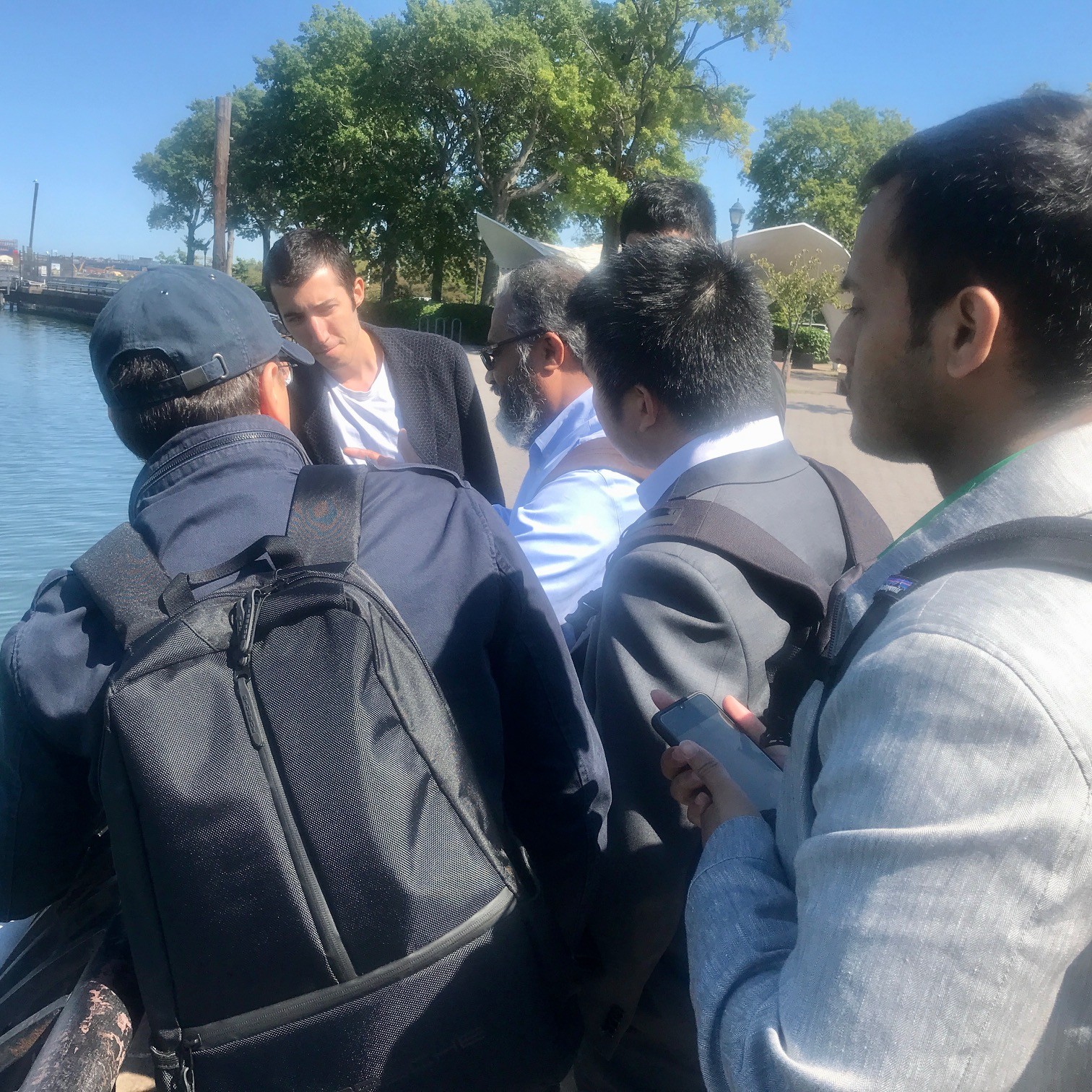
RESEARCH WITH THE DEPARTMENT OF PARKS AND RECREATION
The NYC Department of Parks and Recreation controls, maintains, and improves public parks, playgrounds, and sports fields located throughout the five boroughs. The 2019-2020 CBIPS Fellows has the opportunity to work with Parks Department technical staff on analysis of sea-rail corrosion in waterfront parks. Key issues in material selection of replacement railing system were initial cost, maintenance, sustainability, and resilience. The departmental mission “is to plan resilient and sustainable parks, public space, and recreational amenities, build a park system for present and future generations, and care for parks and public spaces.”
Link here and here to see the Fellows' research PPT and video presentation.
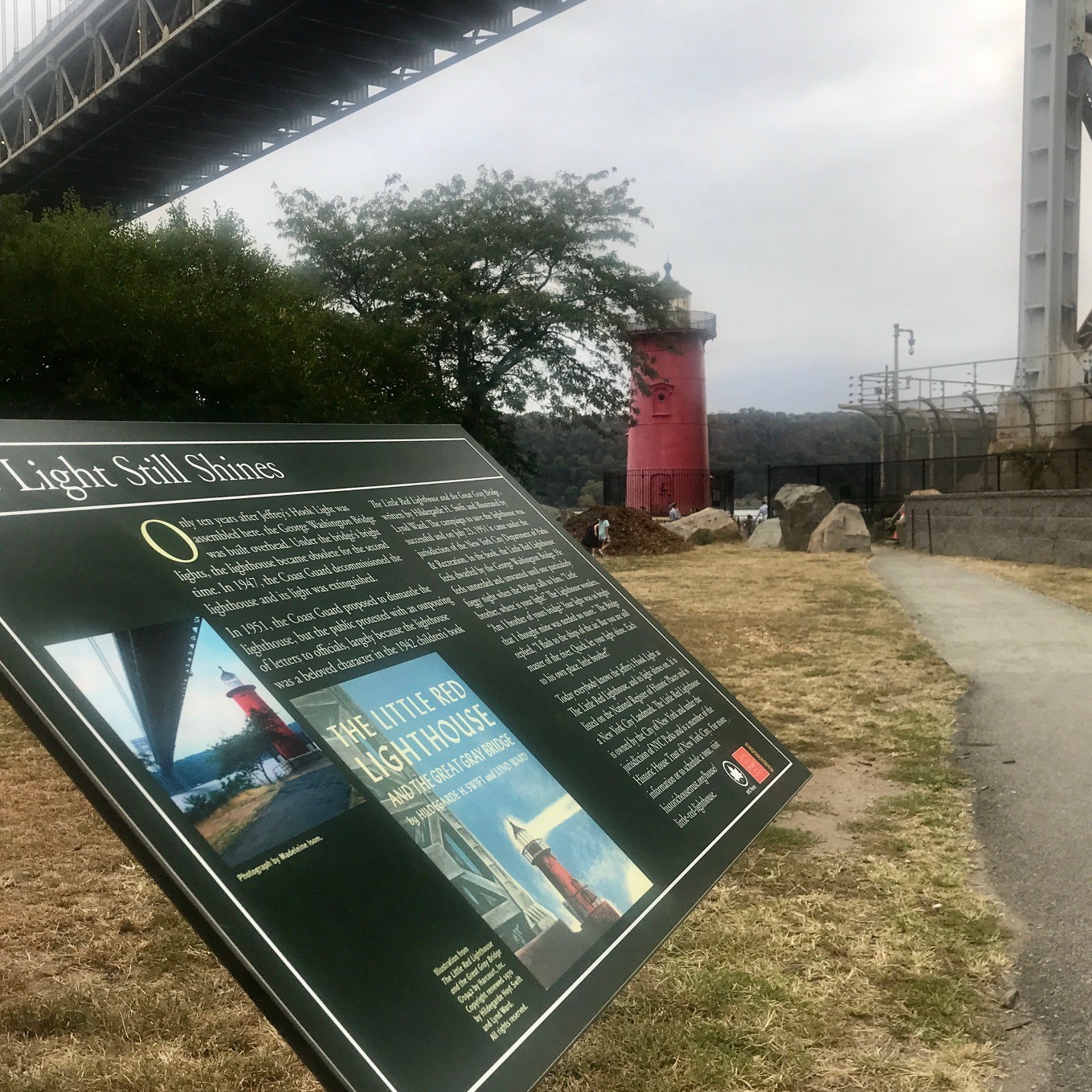
RESEARCH PROJECTS WITH THE HISTORIC HOUSE TRUST
The Historic House Trust is responsible for 23 sites of architectural and cultural significance. The 2019-2020 CBIPS research project, done in collaboration with the Historic House Trust, includes an analysis of the refurbishment needs at the Little Red Lighthouse, located adjacent to the George Washington Bridge. Issues include accessibility, site work, initial cost, cost of maintenance, sources of funding, community facilities, symbolism, and whether onsite or offsite renovation makes more sense. Comparable lighthouses from Rhode Island, Michigan, and Hawaii we’re analyzed in regard to the cost of renovation and the technical challenges posed.
Link here and here to see the Fellows’ Historic House Trust PPT and video presentation.

RESEARCH WITH THE DEPARTMENT OF ENVIRONMENTAL PROTECTION
The NYC Department of Environmental Protection has among its key responsibilities the delivery and protection of the drinking water that New Yorkers enjoy, and the removal of stormwater and other substances, including airborne pollution, deleterious to the health of the population. Research projects include issues of placement and efficacy of street-side drinking water sampling stations; issues of risk and amelioration in regard to detecting lead in the city’s public schools; and issues of use of technology to detect microbiological and chemical pollutants. Fellows will work closely with DEP technical staff.
Link here and here to see the Fellows’ water sampling data science PPT and video presentation.
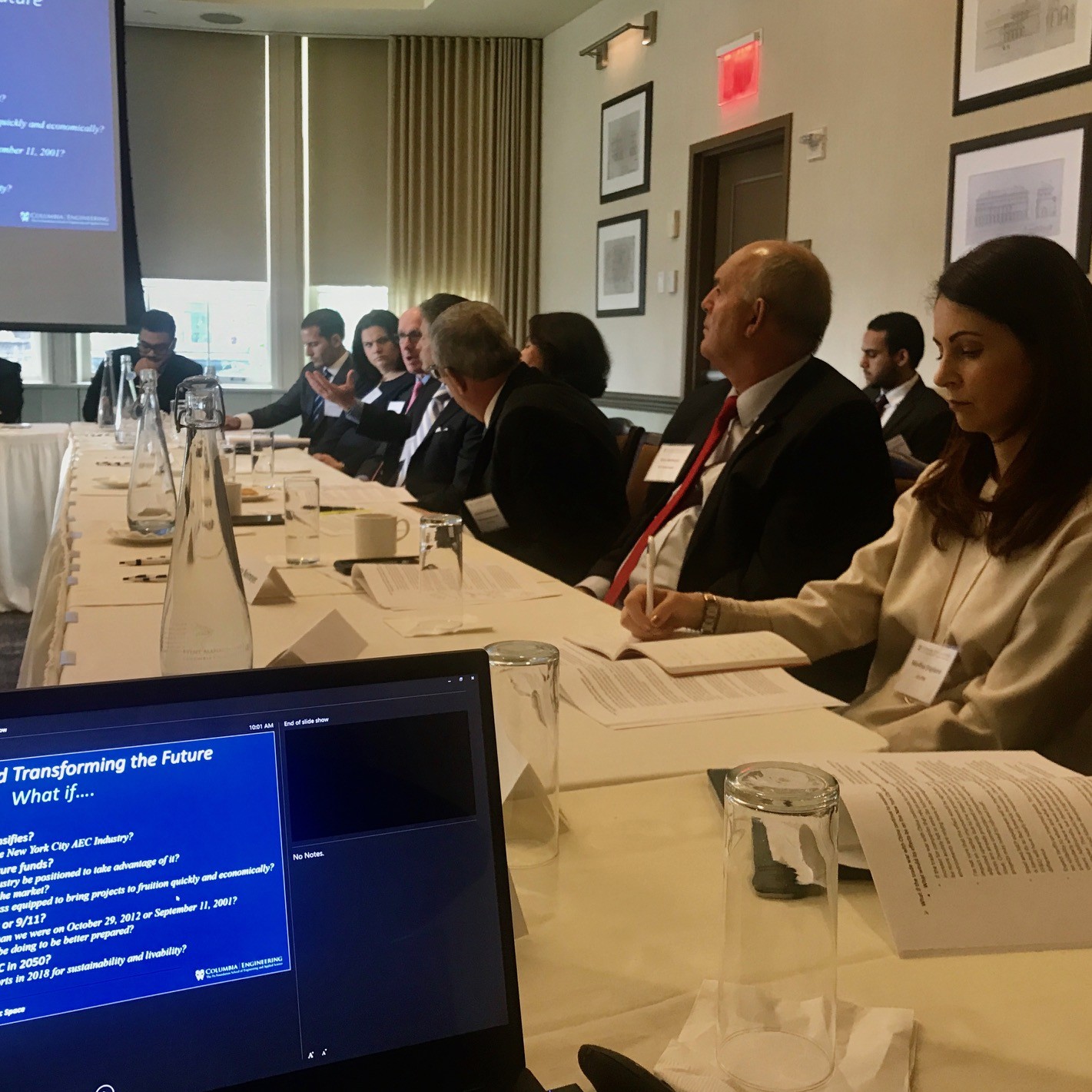
RESEARCH FOR AI, DATA ANALYTICS AND VISUALIZATION
The use of information technology supports almost every aspect of daily life. Construction is no exception. As part of a visualization and analytics research project, CBIPS Fellows will explore the use of computer vision and visualization, augmented reality, and deep learning. These can support more effective monitoring of the construction process, as well as increased project safety and quality of the work performed. As the construction management process becomes increasingly reliant on predictive tools, the skills and capacities developed by the CBIPS Fellows will become very useful.
Link here and here to see the Fellows’ AI for AEC PPT and video presentation. Link here and here to see the Fellows’ "Building a Next Generation AI Platform for AEC: A Review and Research Challenges" PPT and video presentation.
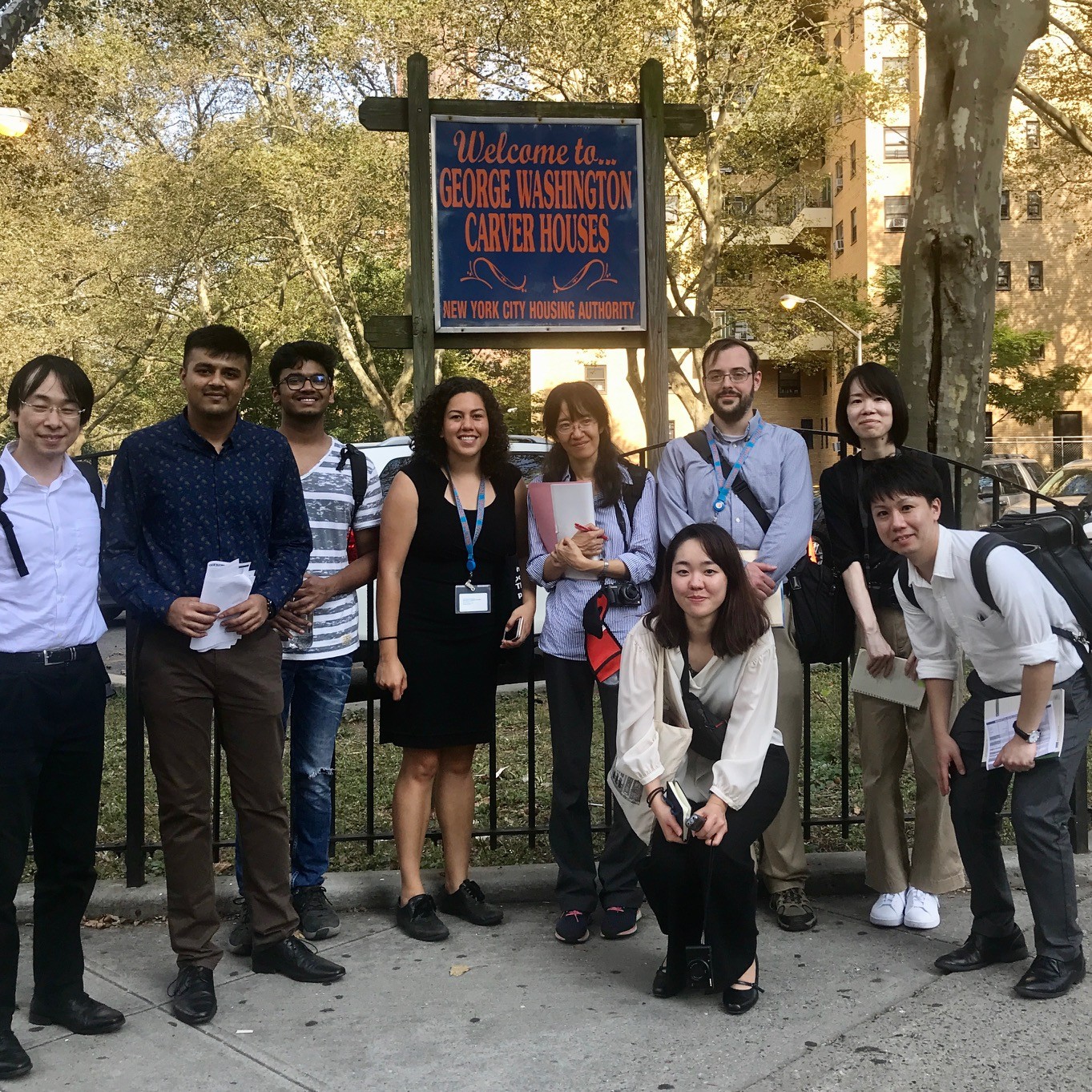
SOCIAL HOUSING AND NEW YORK CITY HOUSING AUTHORITY
Following up on the previous year's social housing research relating to the New York City Housing Authority (NYCHA) and its issues of apartment condition, architecture - defined as facades, windows and roofing, mechanical systems, elevators, and site work, the 2019-2020 Fellows focused on other methods of providing affordable housing. Of particular interest was the technology of off-site modular production. Fellows analyzed the challenges and opportunities in consultation with modular design experts and housing producers, using Zoom to meet individuals in New York and Chicago.
Link here and here to see the Fellows' Affordable Housing PPT and video presentation in 2020. Link here and here to see the Fellows’ Social Housing PPT and poster in 2019.
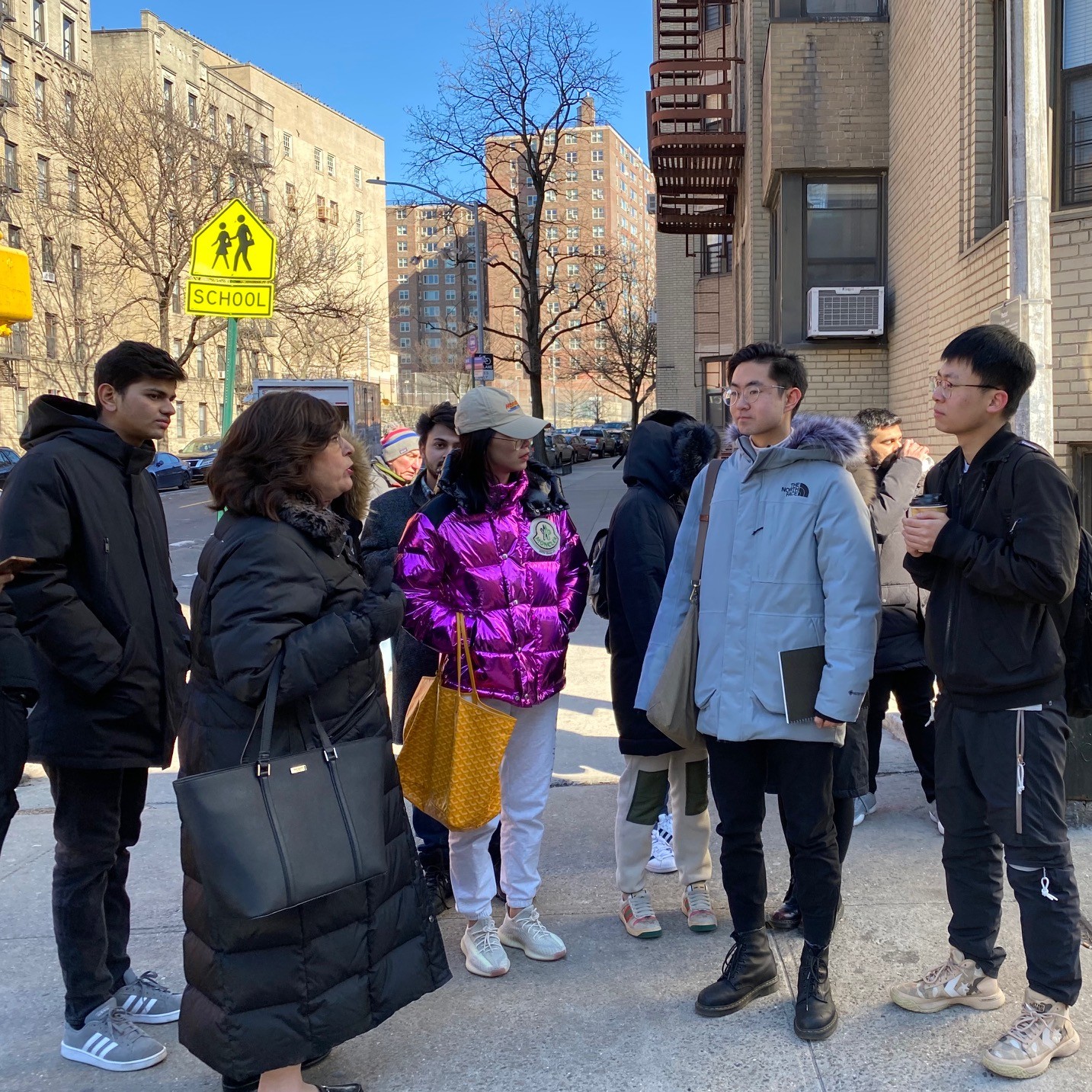
PLANNING FOR WASHINGTON HEIGHTS, INWOOD, AND MARBLE HILL
In support of the 2030 Plan for the Upper Manhattan neighborhoods of Washington Heights, Inwood, and Marble Hill, “In the Heights” focused on 10 key issues that will determine environmental quality. The key proponent of the collaborative planning process, City Council Member Ydanis Rodriguez introduced the 2018-2019 Fellows to completed projects and planned sites in the communities he represents. The 2019-2020 CBIPS Fellows focused on issues of historic district designation, energy-efficient windows, Art Deco architecture with the office of Congressman Adriano Espaillat.
Link here and here to see the Fellows' Washington Heights and Inwood - Historical Preservation PPT and video presentation. Link here and here to see the “In the Heights” document and CBIPS PPT.
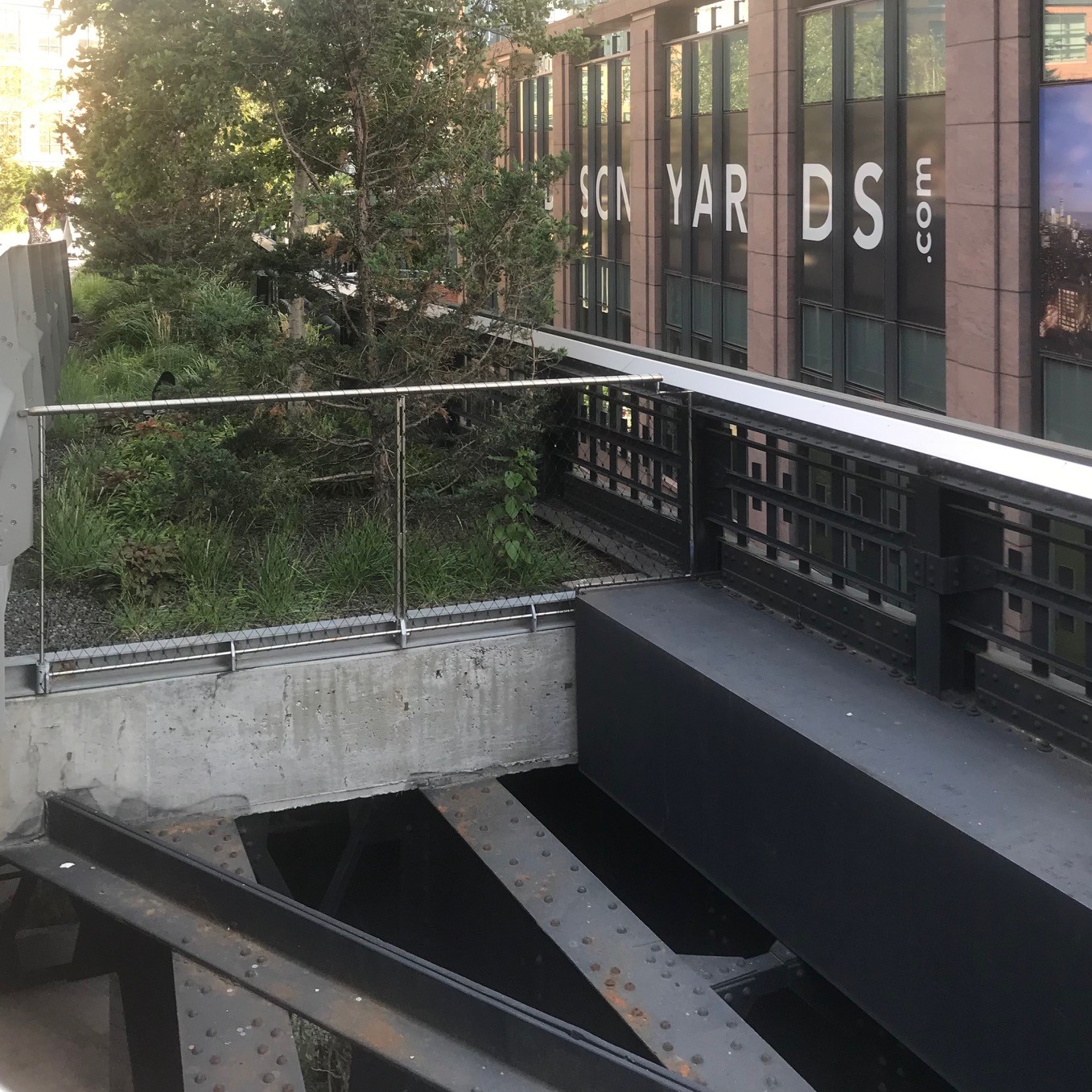
INFRASTRUCTURE PPP, FINANCE, OPERATIONS, AND MAINTENANCE
Public-private partnerships (PPPs) have been posited as a panacea to the problems of lack of government initiative and civic vision. Term limits, tax levy limitations, and electoral polarization have often tied the hands of elected officials and agency appointees. Research by 2018-19 Fellows centered on the effective use of capital and financing, both public and private. Case studies that highlighted not only success stories, but also examples of project failure caused by lack of planning or participation, regulatory restrictions, or misconstruing of risk, were investigated, described, and analyzed.
CYBERSECURITY FOR CIVIC INFRASTRUCTURE
Smart cities use city growth and community development expertise to assure a prosperous future for all. CBIPS research centered on how to protect and enhance the quality of life, which is increasingly augmented through technological changes in our infrastructure. How do we protect our transportation network when, more and more, we are using artificial intelligence to control traffic? The use of what has been called “big data” to inform and justify decisions about system design and resource allocation was analyzed in the context of risks of cyber-incursion and other intentional systemwide cyber attack..
Link here and here to see the Fellows’ Cybersecurity PPT and poster.
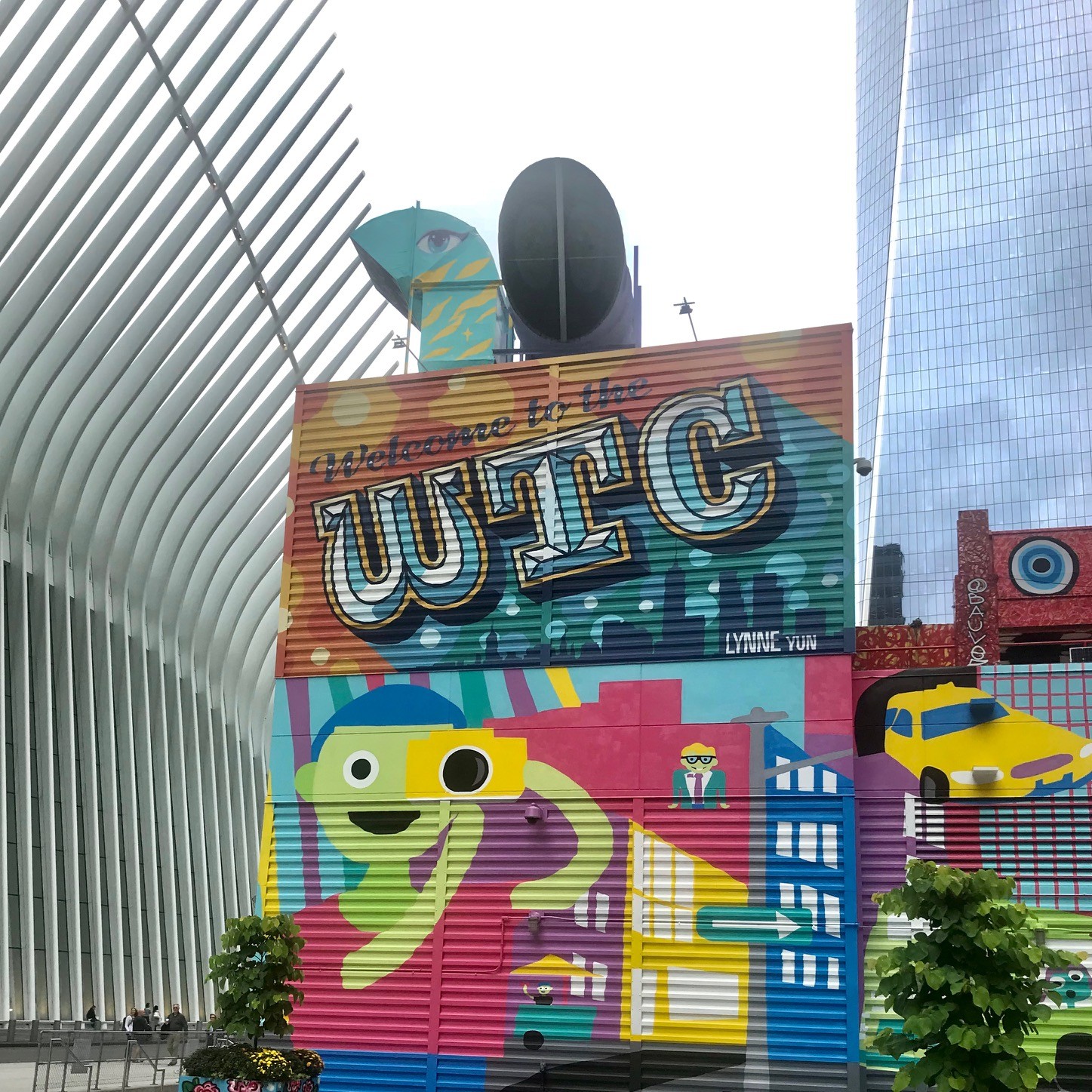
CBIPS FELLOWS' RESEARCH ON "SECURE BY DESIGN" ISSUES
Each New York City municipal agency, including the Department of Transportation, the Department of Citywide Administrative Services, the Department of Design and Construction, and the Department of Information Technology, is responsible for anticipating, responding to, and alleviating threats and impairments resulting from increased reliance on Internet connectivity. Brought together by the NYC Cyber Command, public agencies focus on the challenges that impact the everyday life and comfort of New Yorkers. Fellows will work in this area with partners from government and industry.
Link here for the full description of Secure by Design research.
